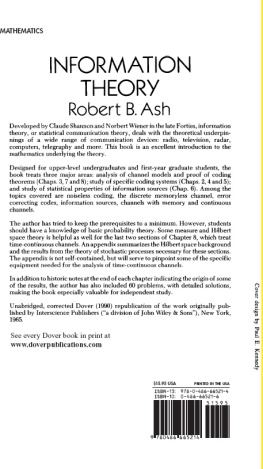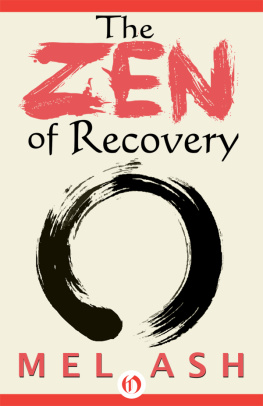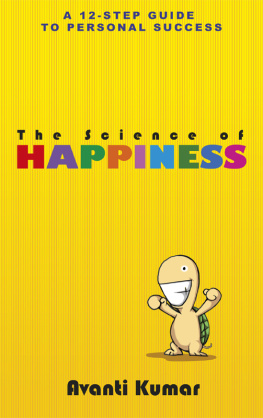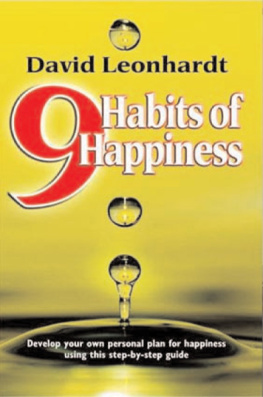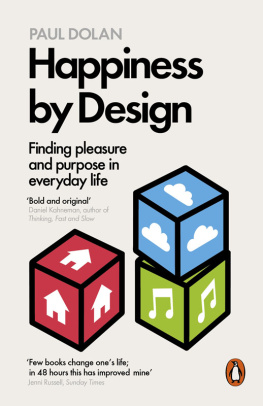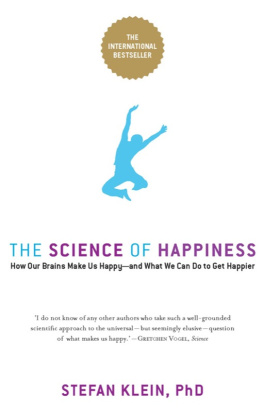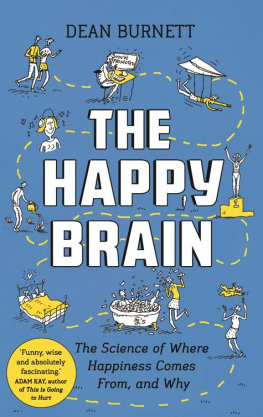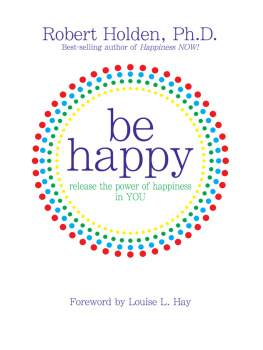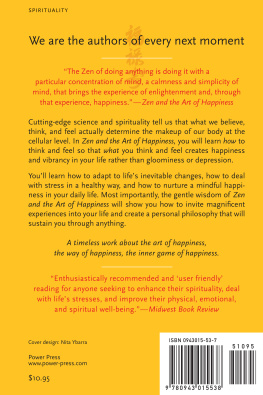Lets imagine you would want to gain muscle mass and therefore you go to the gym and train the hell out of yourself. Would you expect to have a massive muscle growth after a day, after one training? I dont hope so. Would you expect to look like a second Hulk after a week or two weeks of exercise? Maybe not. Happiness is like a muscle or every other skill in life that needs training to get it work. Sure, there will be some immediate effects that will boost your mood in an instance. Anyway, to unfurl its full potential these techniques need some practice since we dont want fleeting short-term effect but rather sustainable happiness.
Another reason is that you can dedicate one entire week for each concept and the corresponding technique. This will give you and your brain enough time to feel the effects of each technique. We shouldnt forget we can succeed with everything when we manage to put our focus on it. If you go through the program you will focus on your happiness for 12 straight weeks. To prioritize of your happiness level will have a huge impact on your well-being by itself.
Nonetheless, psychologists found that it takes on average 66 days to form a new habit. In your case you will form the habit of being happy. Twelve weeks are a little more than 66 day ya, but just to play it safe.
Misconception #1: Happiness is random
This is still a very common myth about happiness. And it's totally plausible to assume that happiness has no rules and comes and goes just like the wind.
Why? Simply because happiness is complicated and most people don't know what triggers happiness. If you ask someone (try it and you will see) what happiness is they might answer with a stream of buzz phrases. Health, money, friends and family, a safe job and so on.
And they are right. Really? Well, yes and no.
In general, all of these things have the potential to increase happiness, but only if you know how to implement it in your life. For instance, you will learn how you can enhance your social life.
Anyway, happiness is a complicated concept and, therefore, it appears to be as random as roulette. Though, roulette as well isn't that random we only don't know all the parameters.
If we would know all parameters we could pretty exactly predict which number will be next. Sure, psychology hasn't discovered every pillar of happiness yet, but we still know enough about happiness to know that we can influence it and make our life happier and more fulfilling.
Happiness can be learned and this is what this book teaches.
Misconception #2: Happiness is either given to you or not
True and false. Half of your happiness level is determined by your genes so to some extent happiness is given.
However, the other half of the happiness level is affected by the lifestyle and the things that are done on a day to day basis. Therefore, happiness partially lies in your own hands. If you don't know how happiness works it seems that happiness is given to some and others seem to can't find happiness at all.
Anyway, happiness is given and self-made equally. Since you cant directly change your genes the part of your happiness that you have control over is what we will focus on in the next 12 weeks.
Misconception #3: I'll be happy when I achieve ...
Have you ever thought that if you only would achieve X or Y you will be happy for the rest of your life?
I did and I layawayed me from one achievement to another always expecting to find happiness eventually. Though, it just didn't work, Sure I was happy for a short time only to be followed by frustration because of feeling my happiness level drop soon after I achieved my goal.
That was sobering and exhausting. I didn't realize that happiness just doesn't work that way.
Hoping that a promotion/new car/sex/vacation/house/purchase/victory or any other single event will bring sustaining happiness is condemned to end in disillusionment and disappointment.
Relying on a single event to make you happy for good would be the same as to eat a big meal expecting to never being hungry again. That's obviously moronic, isn't it? Just as we need to nourish our body regularly we need to foster happiness with the same regularity.
One spike of happiness isn't enough. Imagine happiness as a puzzle that needs multiple different pieces to form the whole picture. If you miss out some pieces of the puzzle or try to fit in pieces that don't belong, the picture will be incomplete.
Week One Happy, Happier, Gratitude
We are starting off with a well-known concept in positive psychology. The concept of a grateful attitude is covered in thousands of books, blog posts and media articles already. Though, a book about happiness that lacks a chapter about gratitude would be like a Playboy magazine without images.
Gratitude and its effect on our emotional well-being are scientifically well researched. Today we have a whole body of evidence of the potential of a gratitude mindset on mental health. So our first week of the happiness exercise will be about gratitude.


